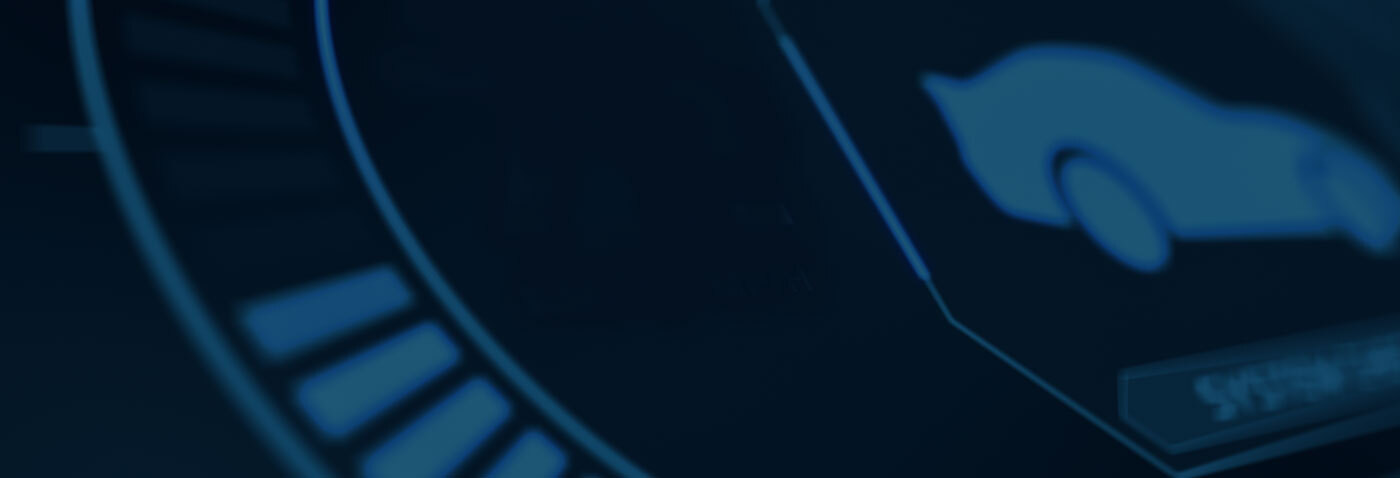The consumer’s issue:
“I bought a used 12-plate SUV in November 2017, and around a year later, a number of warning lights appeared on the dashboard. The car would start on some occasions, but then turned off after a few seconds. I therefore called the breakdown recovery service and, as they could not fix the vehicle, it was towed to my local franchise dealer.
The business kept the car for five days over the course of two separate weeks when they were supposed to carry out the diagnostics. However, due to the vehicle starting first time when in the workshop, and no fault lights appearing on the fifth day that the car was with them (the first time they had looked at it), they said there were no errors, and proceeded to charge me £91.20 for the diagnostics, which I had to pay.
I picked the car up following this, but a couple of days later, the same problem re-occurred, and this time, I had the vehicle towed to a different franchise dealership by the breakdown service. I had to once again pay for another set of diagnostics, which resulted in a repair to fix the issue once and for all.
To resolve my complaint, I am looking for the first dealership to refund me for the original diagnostics, as I believe they were not carried out correctly.”
The accredited business’ response:
- We can confirm that the customer’s vehicle was booked into our workshop for diagnostics in October 2018, after it was recovered to us due to warning lights on the dashboard, and for failing to start.
- When our technician worked on the vehicle, it started first time, and there was only an airbag warning light flashing.
- As part of our investigation, the vehicle was tested several times, but failed to falter again.
- However, we did find traces of water ingress in both control units, and therefore recommended to the vehicle owner that they should be replaced if the car failed to start again.
- As there was nothing more we could do and, as the diagnostics and procedures had been undertaken correctly, the customer was rightly charged the sum of £91.20 for our work.
- As the customer was also made aware at the time of the booking that a minimum charge would apply upon the collection of the vehicle, we do not deem it necessary to provide any form of reimbursement.
The adjudication outcome:
- The Motor Ombudsman adjudicator stated that the consumer had the burden of proving that the business had not completed the work on their vehicle using the appropriate skill and care required.
- They also noted that the business had explained that their diagnostic machine produced various fault codes, and made a recommendation for the control units to be replaced if the car faltered again.
- The adjudicator equally explained that, when a vehicle is taken to a second workshop for inspection, they have the benefit of the information and investigations already carried out by the first business.
- After looking at the evidence provided, the adjudicator concluded that there was no reports to suggest that the business did not follow a reasonable diagnostic process.
- She therefore did not uphold the complaint in favour of the customer, meaning no refund was due to them.
- In response, the consumer stated that they had never been told about the cost of the diagnostic charge, and ultimately felt that the business had no interest in helping them.
- As they disagreed with the outcome, they requested an ombudsman’s final decision.
The ombudsman’s final decision:
- As with the adjudicator, the ombudsman also highlighted that the consumer had the responsibility of proving that the business had not followed the appropriate steps when completing its diagnostic process.
- Based on the information provided, it was clear to the ombudsman that the business found that the consumer’s vehicle started with only one light illuminated on its dashboard.
- Following this, the business detailed the investigations it undertook to establish if there were any issues with the connections inside the vehicle before testing it again.
- Having completed these processes, the business advised it could not locate any faltering of the sort stated by the consumer.
- For the avoidance of doubt, the ombudsman stated that he did not believe it was inappropriate for the business not to undertake any repair on a vehicle it was unable to find a fault with whilst on its premises.
- He explained that, if the business was to attempt a repair, it would have been doing so based entirely on the information provided by the consumer with a clear element of guesswork on its part as to what might be happening – something that could lead to even higher and unnecessary costs.
- After considering all the evidence and the previous adjudication outcome, and while the ombudsman noted the frustration and further costs incurred by the consumer a short time later, the information provided did not demonstrate that the business failed to follow a reasonable diagnostic process.
- Therefore, like the adjudicator, the ombudsman was unable to uphold the consumer’s complaint.
Conclusion
- The consumer did not respond within the timeframe required, and the case was closed.







